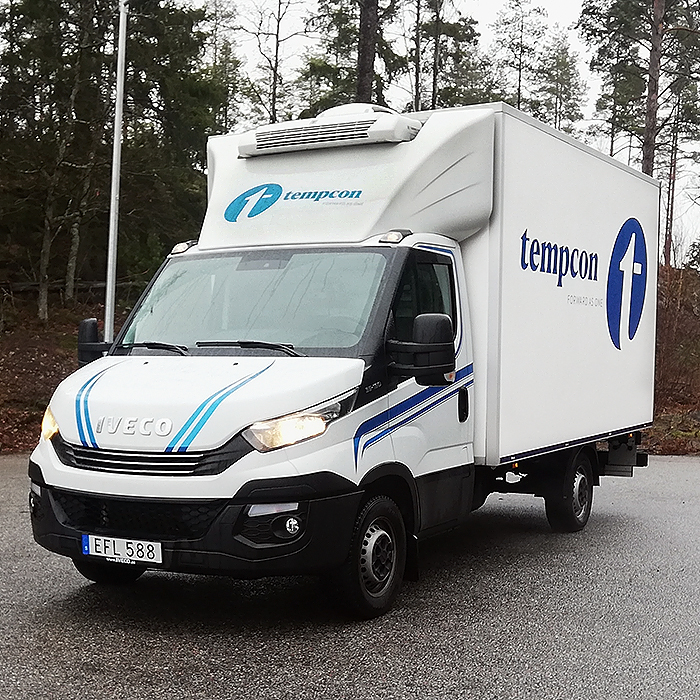The change that the world’s vehicle manufacturers are facing is extensive in terms of changing their production towards vehicles that do not have the same environmental impact as today’s vehicles with fossil fuels. The change in the passenger car market is going fast and as much as 45 percent of all newly registered vehicles in 2021 were rechargeable, but it is slower in terms of light and heavy trucks. Partly because technology development has not come as far there for more extensive production and partly because we have a tax system that disadvantages investments in new, more environmentally friendly, light trucks.
The number of newly registered light trucks with electric drive was 7.5 per cent in 2021, and of today’s approximately 606 000 light trucks in traffic, only just over one per cent are electric. The reasons for this can be considered several. On the one hand, we have the problem of reduced load capacity, which we have written about earlier, and on the other hand, the bonus-malus system that was introduced in 2018 and which counteracts the willingness to invest in new, more climate-friendly, light vehicles. The principle behind bonus malus is simple. Vehicles with a low climate impact receive a bonus, while vehicles with a high climate impact for three years receive an increased vehicle tax, malus. The problem with the system is that passenger cars and light trucks are equated despite significant differences in weight, area of use, incentives for investment and so on. Taxation for new, light trucks can be up to four times as high compared to a passenger car. The government has also announced further tax increases in the malus part from 1 June this year as well as other restrictions in the system that will hit hard on the conversion of the light truck fleet.
Light trucks have an important function for mail and parcel transport, last mile distribution, craftsmen and similar professions, and in several surveys, including in Företagarnas, the choice of company vehicles is top notch when it comes to measures where many companies can reduce their climate impact. At the same time, increased costs are the biggest obstacle to making more sustainable choices. By penalizing a group of vehicles that we need for important societal functions to function, decision-makers take the risk of delaying the transition to a more sustainable transport industry. The environmental taxes on new, light trucks mean that many buyers for financial reasons refrain from investing and continue for some time with their older, less environmentally friendly vehicles.
The light truck is important for the fine-mesh distribution network that reaches all the way to people’s homes, but by penalizing commercial traffic, we risk slipping behind in the transition to transport with a smaller environmental impact. In the EU’s binding carbon dioxide requirements, cars and light trucks are separated, why not in Sweden?
